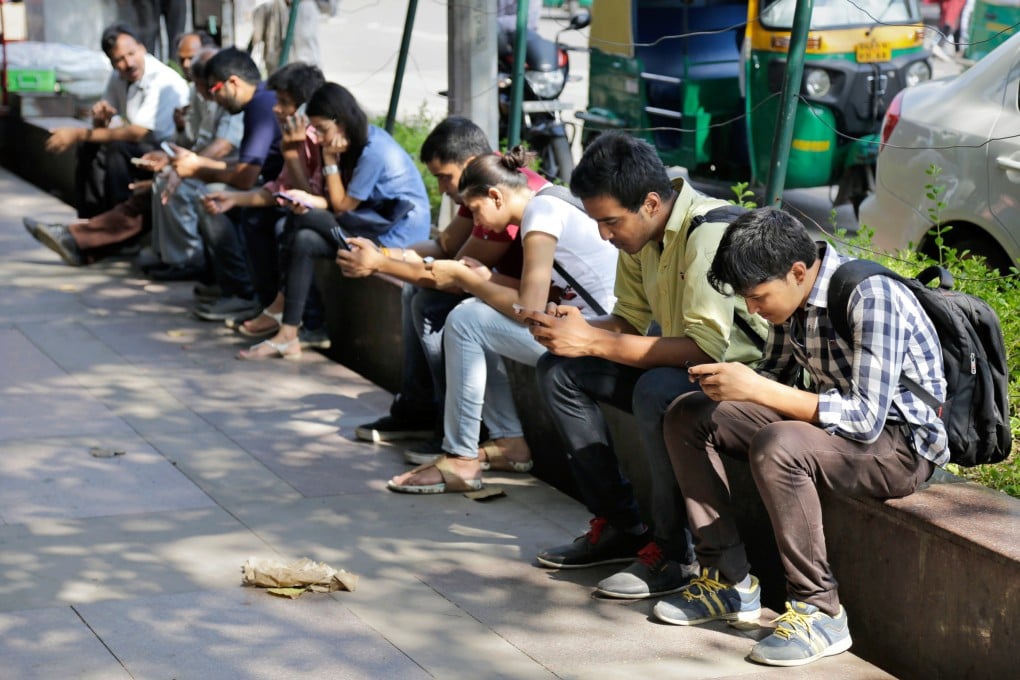Indian village’s ‘digital detox’: turn off your phones, TVs or face higher property tax
- While compliance is voluntary, local authorities could raise property taxes if families repeatedly ignore the appeal
- This is not the first such detox in India, with five villages in 2022 introducing bans on devices and the Jain community’s 2021 digital fasting challenge

An Indian village is calling for its 15,000 residents to turn off their phones and televisions at sundown in a “digital detox” campaign it hopes will encourage people to mingle more with neighbours and allow children to study undisturbed.
Raju Magdum, council chief in the village of Mangaon in Maharashtra state, said he was horrified at how everyone was glued to their screens every night.
“Families are not talking to one another, children are not focused on doing their homework and neighbours are not stopping to chat in the street to see how they are doing,” he said.
From March 8, a special siren will sound at 7pm daily, signalling that it is time for residents to switch off their gadgets. At 8.30pm, the siren will go off again to mark the end of the “detox” period.
Compliance is meant to be voluntary. But if a family repeatedly ignores the appeal, local authorities will penalise them by raising their property tax.
Most village homes in India are not big enough to include a separate study room for children. With everyone cooped up in the same space, the distraction of mobile phones and television sets – and parents watching their favourite soap operas – affects children’s ability to focus on their studies.